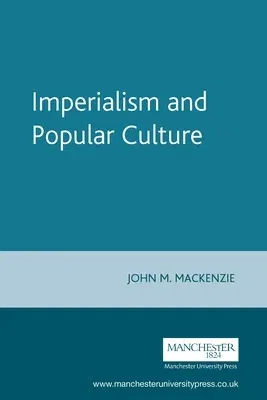John M MacKenzie
(Author)Imperialism and Popular Culture (Revised)Paperback - Revised, 26 October 1987

Qty
1
Turbo
Ships in 2 - 3 days
In Stock
Free Delivery
Cash on Delivery
15 Days
Free Returns
Secure Checkout

Part of Series
Studies in Imperialism
Part of Series
Studies in Imperialism (Paperback)
Part of Series
Studies in Imperialism Mup
Print Length
272 pages
Language
English
Publisher
Manchester University Press
Date Published
26 Oct 1987
ISBN-10
0719018684
ISBN-13
9780719018688
Description
Product Details
Author:
Book Edition:
Revised
Book Format:
Paperback
Country of Origin:
US
Date Published:
26 October 1987
Dimensions:
23.11 x
15.49 x
1.78 cm
ISBN-10:
0719018684
ISBN-13:
9780719018688
Language:
English
Location:
Manchester
Pages:
272
Publisher:
Weight:
408.23 gm